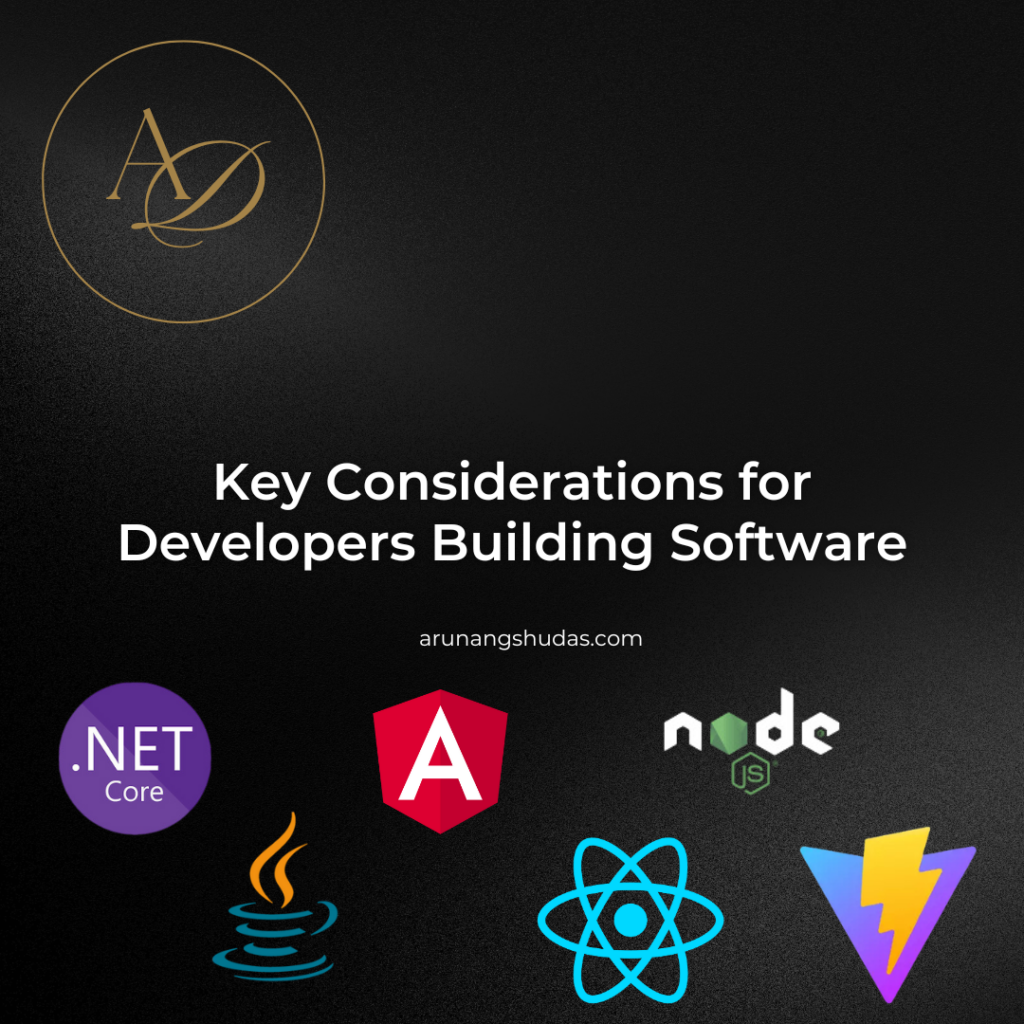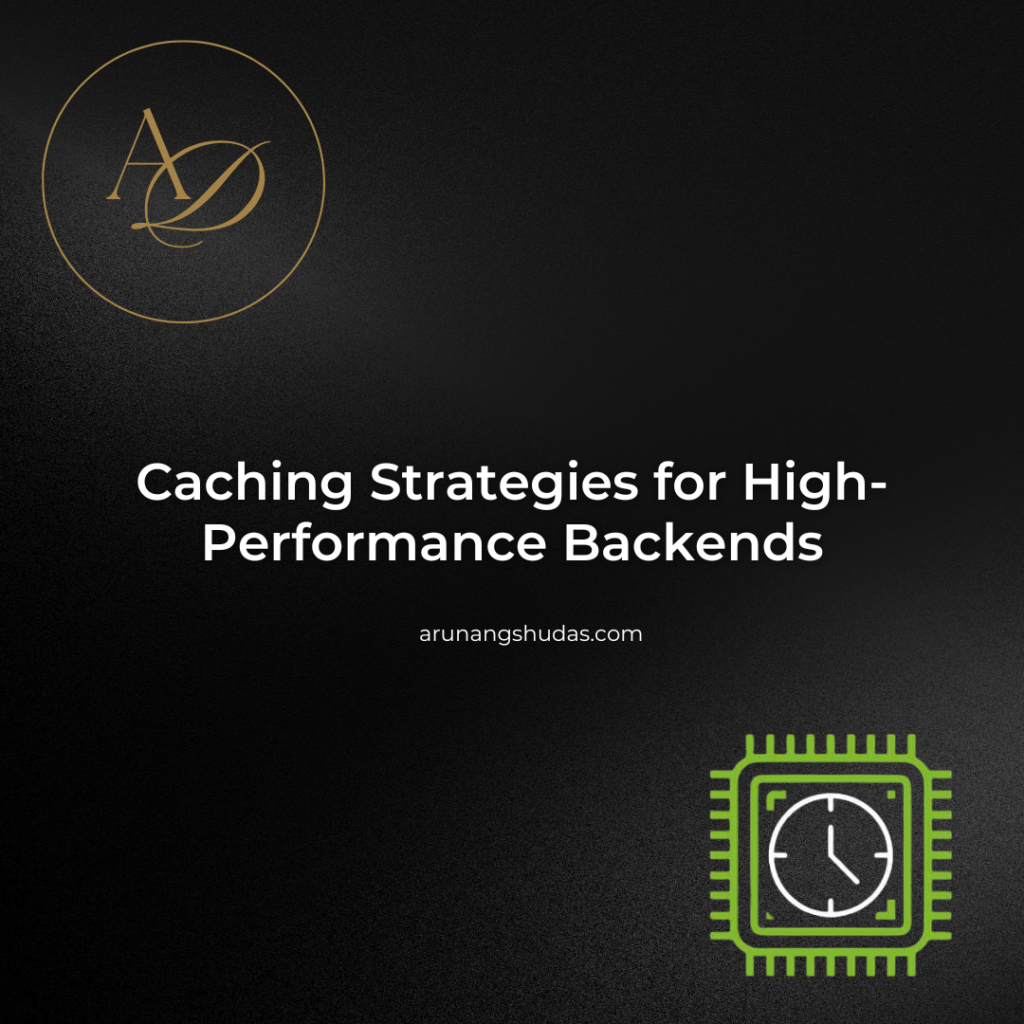Backend development is the backbone of any web application. It’s where the logic happens, databases get managed, and APIs serve data to the frontend. Whether you’re building a small startup project or working on enterprise-grade applications, choosing the right backend language can make all the difference.
But with so many options out there, which ones should you focus on? Here are six backend programming languages that every developer should know, whether you’re just starting out or looking to expand your skill set.
1. JavaScript (Node.js)
JavaScript is everywhere. With Node.js, it’s no longer just a frontend language—it powers the backend too. Thanks to its non-blocking, event-driven architecture, Node.js is an excellent choice for building scalable applications, especially real-time apps like chat applications, gaming servers, and collaborative tools.
→Why Learn It?
- Runs on the V8 engine, making it incredibly fast
- Huge ecosystem with npm packages for almost everything
- Ideal for full-stack development when paired with React, Angular, or Vue
→Popular Use Cases:
- RESTful APIs
- Serverless applications
- IoT applications
2. Python
Python is known for its readability and simplicity, making it one of the best choices for backend development. Frameworks like Django and Flask make building web applications a breeze. Plus, with Python’s strong integration in AI/ML, it’s a great option for data-driven applications.
→Why Learn It?
- Clean and easy-to-read syntax
- Django offers built-in admin panels, authentication, and ORM
- Strong support for data science, AI, and machine learning
→Popular Use Cases:
- Web applications (Django, Flask)
- AI and machine learning applications
- Automation and scripting
3. Java
Java has been a powerhouse in backend development for decades. With its JVM (Java Virtual Machine), it runs seamlessly across different platforms. Spring Boot, one of the most popular Java frameworks, simplifies enterprise application development.
→Why Learn It?
- Highly scalable and secure
- Strong community and enterprise support
- Ideal for microservices architecture
→Popular Use Cases:
- Enterprise applications
- Banking and fintech solutions
- Android backend services
4. C#
C# is a powerful, object-oriented language developed by Microsoft. If you’re interested in .NET development, learning C# is a must. ASP.NET Core has made C# a serious competitor in the web development space, offering high performance and scalability.
→Why Learn It?
- Excellent integration with Windows and Azure
- High performance with ASP.NET Core
- Great for game development (Unity)
→Popular Use Cases:
- Web applications (ASP.NET Core)
- Game development (Unity)
- Enterprise software
5. Go (Golang)
Go, developed by Google, is designed for performance and simplicity. It has built-in concurrency features, making it an excellent choice for scalable and high-performance applications. With frameworks like Gin and Echo, Go is becoming increasingly popular in the backend world.
→Why Learn It?
- Compiled language, making it super fast
- Ideal for cloud-native applications and microservices
- Simple syntax, yet powerful performance
→Popular Use Cases:
- Cloud applications
- Distributed systems
- High-performance APIs
6. Ruby
Ruby, with its Rails framework, is loved for its developer-friendly syntax and rapid development capabilities. While it may not be as dominant as before, many startups and enterprises still use it for building scalable web applications.
→Why Learn It?
- Elegant, expressive syntax that makes coding enjoyable
- Rapid development with Rails conventions
- Active community support
→Popular Use Cases:
- Web applications (Ruby on Rails)
- Prototyping and MVP development
- E-commerce platforms
Final Thoughts
There’s no single “best” backend language—it all depends on what you want to build. If you’re aiming for full-stack flexibility, JavaScript (Node.js) is a great choice. If you’re into enterprise applications, Java and C# are solid options. For speed and performance, Go is worth exploring. And if you want to dive into AI and automation, Python is unbeatable.
You may also like:
1) 5 Common Mistakes in Backend Optimization
2) 7 Tips for Boosting Your API Performance
3) How to Identify Bottlenecks in Your Backend
4) 8 Tools for Developing Scalable Backend Solutions
5) 5 Key Components of a Scalable Backend System
6) 6 Common Mistakes in Backend Architecture Design
7) 7 Essential Tips for Scalable Backend Architecture
8) Token-Based Authentication: Choosing Between JWT and Paseto for Modern Applications
9) API Rate Limiting and Abuse Prevention Strategies in Node.js for High-Traffic APIs
10) Can You Answer This Senior-Level JavaScript Promise Interview Question?
11) 5 Reasons JWT May Not Be the Best Choice
12) 7 Productivity Hacks I Stole From a Principal Software Engineer
13) 7 Common Mistakes in package.json Configuration
Read more blogs from Here
Share your experiences in the comments, and let’s discuss how to tackle them!
Follow me on Linkedin








